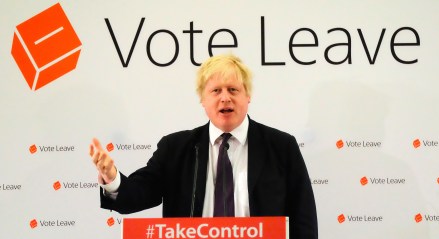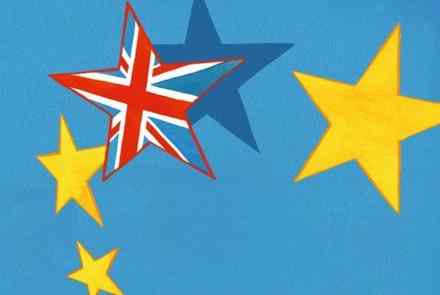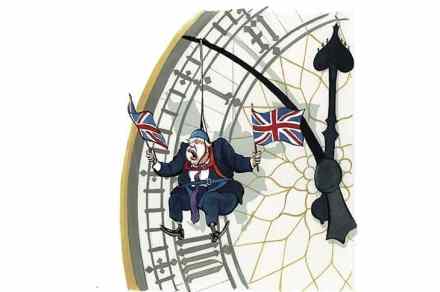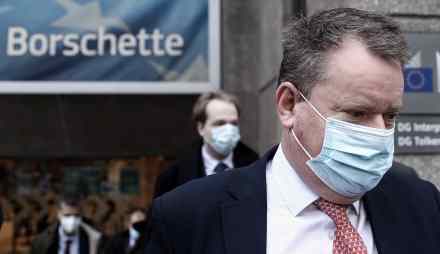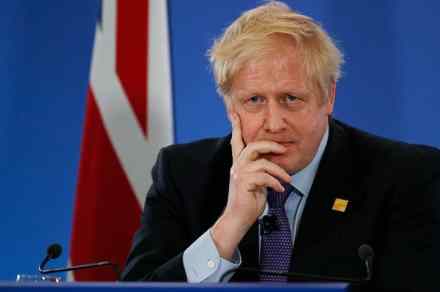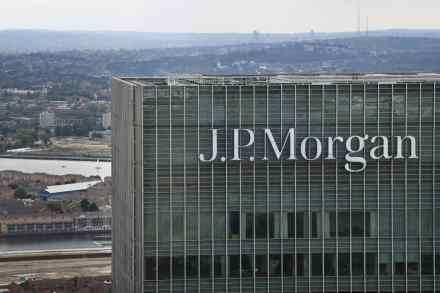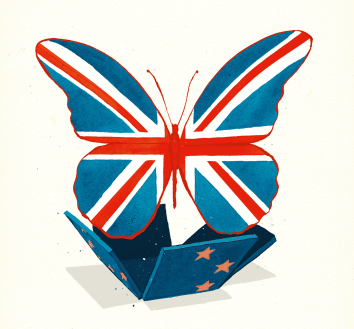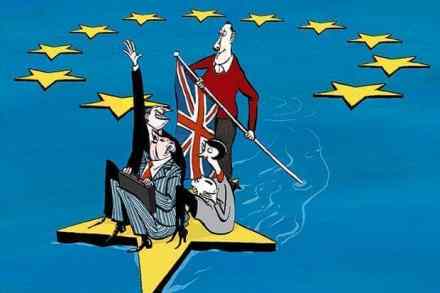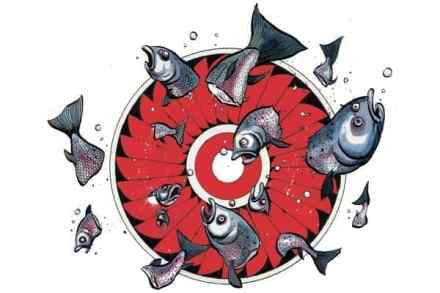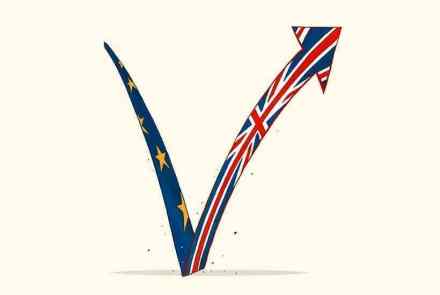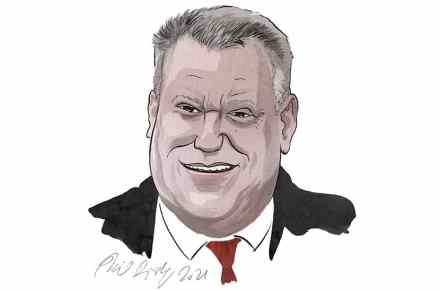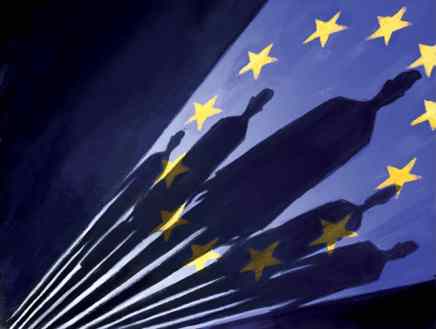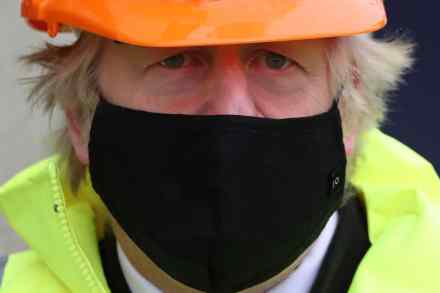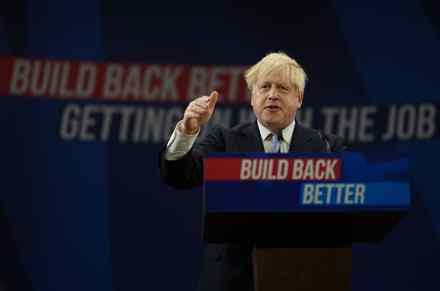The problem with rewilding
The government has gone wild. Under new plans, just announced by Environment Secretary George Eustice, farmers and landowners in England could be paid to turn large areas of land into nature reserves and restore floodplains. In place of the old EU subsidies, farmers will be rewarded by the government for how much they care for the environment. It sounds like a wonderful idea — a return to a glorious, prelapsarian wilderness. But it’s a little more complicated than that. Eustice referred warmly to the poster boy of rewilding, the Knepp estate in West Sussex. I’ve been to Knepp and it is indeed glorious. Nightingales have returned, accompanied by clouds of Purple



